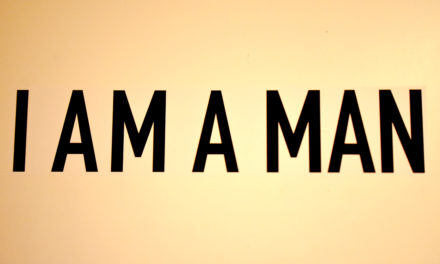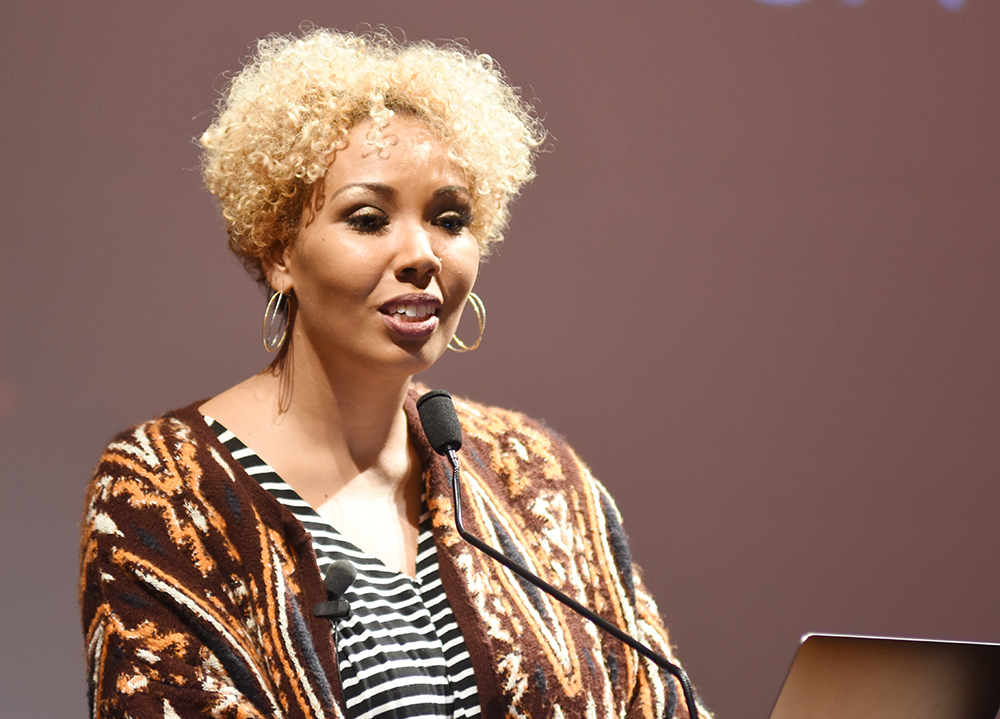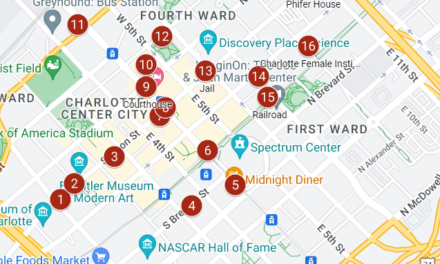Captured amid the ongoing humanitarian crisis in Palestinian territories are haunting images of parents carrying their children’s bodies in bags. In addition to this, some parents end up having to name their bodies for identification. While many students view these tragedies through a six-inch screen, the Arab Student Organization (ASO) at NC State is fighting for the university to directly respond to the crisis.
ASO, a hub typically celebrating Arab culture through events like Arabs Got Talent, has shifted focus to the decades-long Israeli occupation of Palestine and the current bombardment unfolding since the outbreak of the Israel-Hamas war on Oct. 7, 2023.
On Feb.1, ASO called on NC State to issue academic sanctions and boycott companies that supply arms to Israel in a letter titled “Joint Appeal for Action on the Palestine Crisis.”
Issued to NC State Chancellor Randy Woodson, the letter’s key demands include: condemning the “genocide of Palestinian people by the Israeli state,” ending programs involving Israel, creating an educational resource on Palestinian oppression and boycotting companies that supply arms to Israel’s actions.
Nubian Message met with ASO President Jamal Mohamad to discuss the letter as well as the new direction of ASO in the wake of the Israel-Hamas war.
Nubian Message: What has the process been like for pursuing academic sanctions against Israel?
Jamal Mohamad: So, what we did is we created an entire letter…we started with describing the issue then we went into our demands, and we had statements from about 11 or 12 different clubs…One of our demands was an academic sanction, especially because Israel has recently just bombed every university in Gaza, every museum and every ancient church and mosque. They have no care for educational standards. Luckily, we don’t see NC State directly investing in Israel, but we do see them with two affiliate programs. One being the Israel Scholars Program and one being a travel program where students can visit the ‘cultural treasures’…of Israel and Jordan. The idea that they’re visiting treasures like Jerusalem in Israel is completely the most offensive thing you can say to a Palestinian or even Arab person… it’s saying that Jerusalem isn’t even in occupied Palestine.
One of our demands was also a statement from NC State. Another demand was an educational page so students can find non-biased information since there’s so much propaganda and biased information. Then a way for students to boycott or not allow companies to come back to career fairs that are arms dealers…either that or educating students about what jobs they’re applying for. These large companies like Lockheed Martin, or like BAA Systems supply weapons to Israel and other places that go on to kill children in other countries… I think it’s unfair for students not to have a moral standard for what they’re doing.
NM: How did the university respond to ASO’s demands?
JM: The university did respond and unfortunately, there’s a law that the university can’t say biased information on current standards of today. So, what they’re trying to work on is a message that’s non-biased, but also includes an educational link for students. Regarding the affiliate programs, luckily, they don’t use them anymore, or they’re rarely used. We shouldn’t be educationally interacting with a country that does not care about education, and bombs universities and wipes out people who just graduated with their master’s degrees.
NM: How has the Israel-Hamas war impacted ASO?
JM: So, we used to have really fun events and cheerful events that bring people together to celebrate the culture, but now we’ve turned to a more political angle. We feel the need to hold protests, hold charity events and educate people around us. That’s our new goal now until we see a ceasefire or a stop to the bombardment…as of right now, raising awareness, raising money, and supporting the people of Palestine is our main goal. When there’s a current genocide going on in Gaza, and then the occupation of Palestine…our members who are mostly Arab: aren’t comfortable to party, or to have these super fun events, or to enjoy themselves. It’s hard to enjoy yourself when no matter what you do, in the back of your mind, the people of Palestine are always there.
NM: As a Palestinian advocate on campus, how has the Israel-Hamas war impacted you?
JM: So, I’m 100% Palestinian. My grandparents were born in Palestine…so I’m third-generation or second-generation. I was born in North Carolina and I grew up in Raleigh, all my life. As for being affected, we still have family in the West Bank and the news won’t tell you but people are being attacked in the West Bank. People are being kidnapped in the West Bank…the checkpoints, the beatings in the West Bank, this has always affected us. It’s nothing new to us, but to this extent is new. We’ve always seen during Ramadan, the IDF soldiers would come and just beat people up who are praying…If the soldier is having a bad day, you’re gonna have a bad day; if the soldier is having a good day, he’ll let you go, he’ll let you pray. Everybody in the West Bank is at the mercy of the soldier in front of them.
So, I’m from the West Bank. I don’t have family in Gaza, but I have friends who have family in Gaza and I’ve seen them affected. I’ve seen them post their families’ houses that are destroyed, or talk about cousins dying. I’ve known this for a while…but now it’s in everybody’s heads, or everybody hears it now because before most people didn’t even know like what Palestine was. It’s really bad what’s happening, but it’s nice to see students or people that have the slightest education…see what’s happening or what’s been going on for Palestine for all these years.
That’s something new to me because I’ve grown up knowing about it, and like, feeling hopeless. But I’ve seen the hope moving now. That’s why I feel like it’s so important for us to advocate, for Palestinians to advocate, because people want to hear from Palestinians. I don’t know how to describe it, but It’s just nice to hear from Palestinians or people that have been going through this for a while.
NM: Considering the Israeli-Palestinian conflict has been going on for almost a century, how do you feel about the conflict being recognized on such an international scale?
JM: I think we’re at like 75 years. My mom has always told me about what’s going on, and she’s taught me how to clearly differentiate Zionism from Judaism. I’ve been learning about this since I was literally eight. We’ve learned to differentiate that since the beginning, but to see the support now is great…To feel so hopeless from eight years old, and to now finally see people recognizing the struggle. We see groups of people that are non-Arabs, we see the support from the Black community and even the white community who is usually not really supportive on most things. Seeing a lot of white people come out and support Palestine is like, mind-blowing for me. Right? Like people crying on TikTok for Palestine, it’s absolutely crazy…I’m forced to fight for this, but it’s nice to see people who aren’t forced feel the empathy, feel the compassion for people that are 5,000 miles away.
NM: What would you say to students who want to support Palestine? How can they do that at NC State in a tangible way?
JM: I usually tell people these three things: boycott, protest and educate. So, number one, boycotts. I’m not saying boycott every little company that does any little thing with Israel. I don’t even do that and I’m Palestinian; but I’m saying boycott the big ones, right. Don’t work with the companies like Caterpillar which helps Israel make the bulldozers that destroy Palestinian homes. If your school is having a protest, go to it. Luckily in Raleigh every Sunday, they have a protest at three in Moore Square…and then educate. So if it’s posting online, which does have an effect, do it. Because if you’re not Arab, and you’re posting about Palestine, you reach a larger bubble. Because if I post Palestine, all my friends are pro-Palestinian, like, I’m not hitting anybody different. But if we have like, a white person posting their whole network may see something that they never saw.




